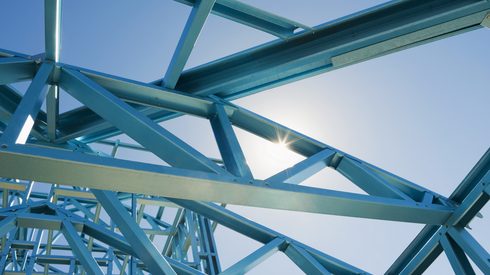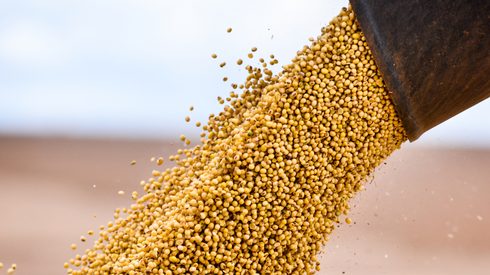The Middle East and North Africa (MENA) region is ramping up efforts to produce greener steel and develop a clean energy grid to help lower carbon emissions. Steel production in the Middle East is relatively clean compared to the rest of the world due to the region’s extensive natural gas reserves.
But for the MENA region to truly champion ‘green steel’, it must deploy an adequate renewable energy infrastructure that allows it to move away from natural gas.
Clean energy projects we’re keeping an eye on
- Earlier this year, Emirate steel and Abu Dhabi National Energy Company (TAQA) joined forces to develop a large-scale green hydrogen project to allow the MENA region to produce its first green steel. This monumental collaboration will help reduce the cost of steel production while reducing CO2 emissions.
- Additionally, the UAE has implemented carbon capture targets that will support the creation of blue hydrogen, a form of fuel created from natural gas preventing CO2 from being emitted into the atmosphere.
- Al Yamamah steel invested $80m in wind power systems, which could contribute 15% to its revenue, the company’s president Youssef Bazaid said earlier this year in an interview with Arab News. This project is expected to be completed in 2023 and will contribute to the company’s green energy transition, including creating a solar energy system in 2019.
The Middle East currently produces less than 3% of global steel but has over 50 million tonnes of surplus capacity. Demand for green steel is rising daily. The Middle East is advantaged to scale up its green economy, attract global investment and take advantage of this demand.
The green steel trade advantage
The MENA region also has the potential to transition from a steel trading hub to become a global net-exporter – if positioned correctly. Opportunities to trade are more in favor of low-carbon exporting regions. The EU’s carbon border adjustment mechanism (CBAM) is a perfect example of this as it offers a cost advantage on the carbon emissions linked to steel imported. Suppose the Middle East was to utilize its dormant capacity alongside improving its clean energy grid – the region could reposition itself as a global net-exporter and become a green steel hub over the next 20-30 years.






